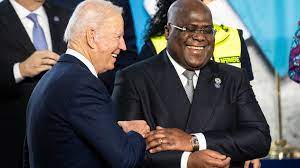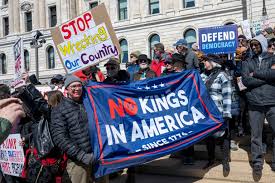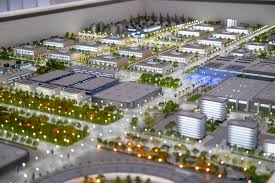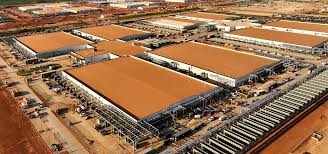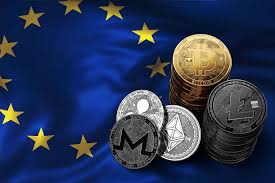President Joe Biden announced on Wednesday that the United States will host a significant meeting in December in Washington, D.C., that will bring together leaders from all over the African continent to tackle serious issues including food security and climate change.
According to a statement from Biden, “the summit will highlight the importance of U.S.-Africa relations and enhanced cooperation on shared global objectives, as well as the United States’ lasting commitment to Africa.”
Vice President Kamala Harris simultaneously announced the U.S.-Africa Leaders’ Summit, which will take place from December 13–15, at the U.S.-Africa Business Summit in Marrakech, which was organized by the Corporate Council on Africa and the kingdom of Morocco and was attended by a delegation from the United States.
About 50 African leaders are anticipated to join Biden for the series of discussions from December 13 to 15, according to a senior administration official speaking under the condition of anonymity about the U.S.-Africa summit arrangements.
It will occur at the conclusion of a year in which Biden traveled to the Middle East, Europe, and Asia to meet with American allies. Since becoming president, Biden has not yet visited Africa; the summit will be his most in-depth examination of the complexity of the region.
The official said the U.S.-Africa conference was not just about Beijing, despite the fact that Biden’s promotion of Western democracies as a counterweight to China has been a mainstay of his diplomatic efforts thus far.
The official told reporters, “We are not pushing our African partners to pick.” We think the American model is superior, but we are not forcing our African partners to choose.
To assist prevent widespread famine and deaths in the drought-stricken region, the U.S. Agency for International Development announced on Monday that it is sending about $1.3 billion in aid to the Horn of Africa countries of Ethiopia, Kenya, and Somalia.
According to Biden, the summit will work toward greater economic engagement, improve peace and security, promote democracy and human rights, and address issues like food security, climate change, and the pandemic.
According to the official, the president thinks that working together with leaders of African countries, civic society, business, and the diaspora will help address some of the problems.


